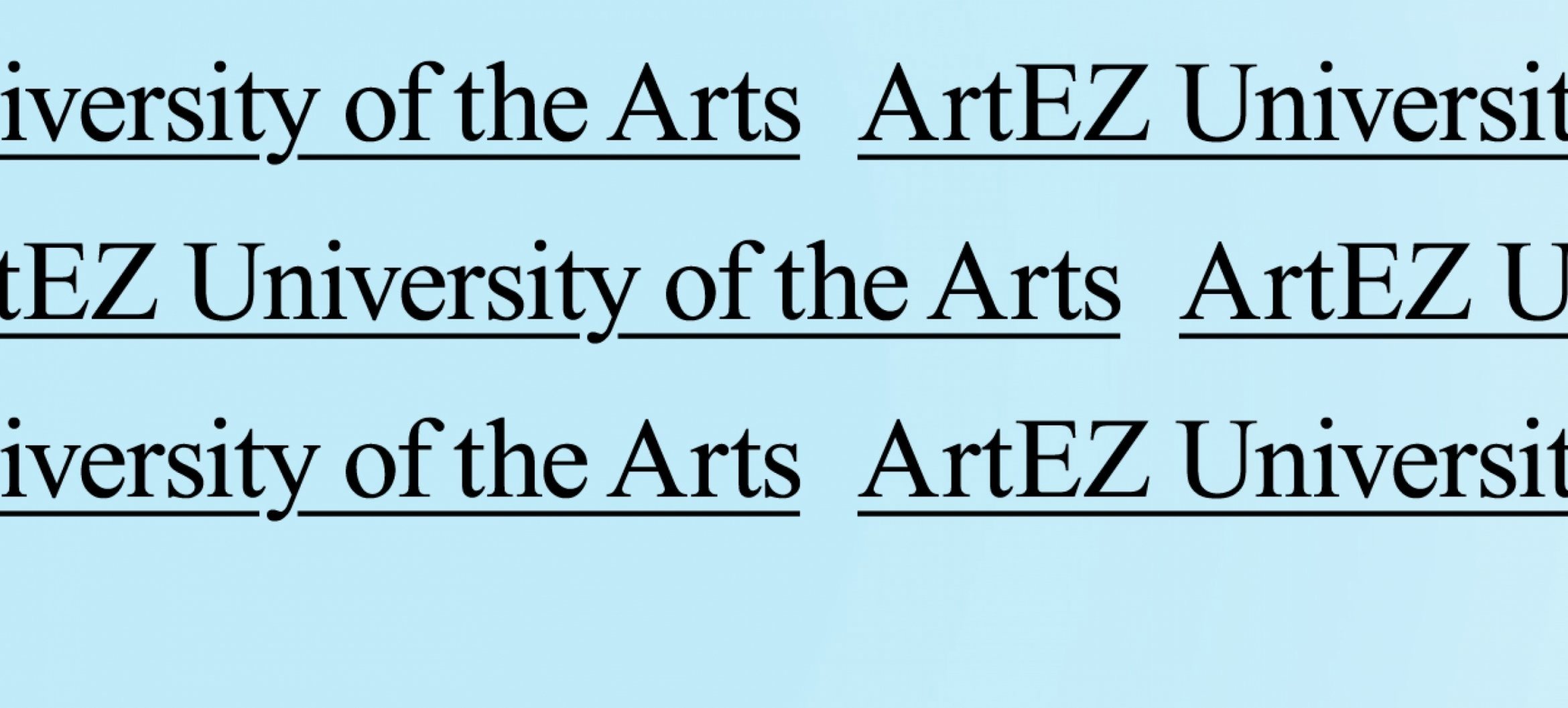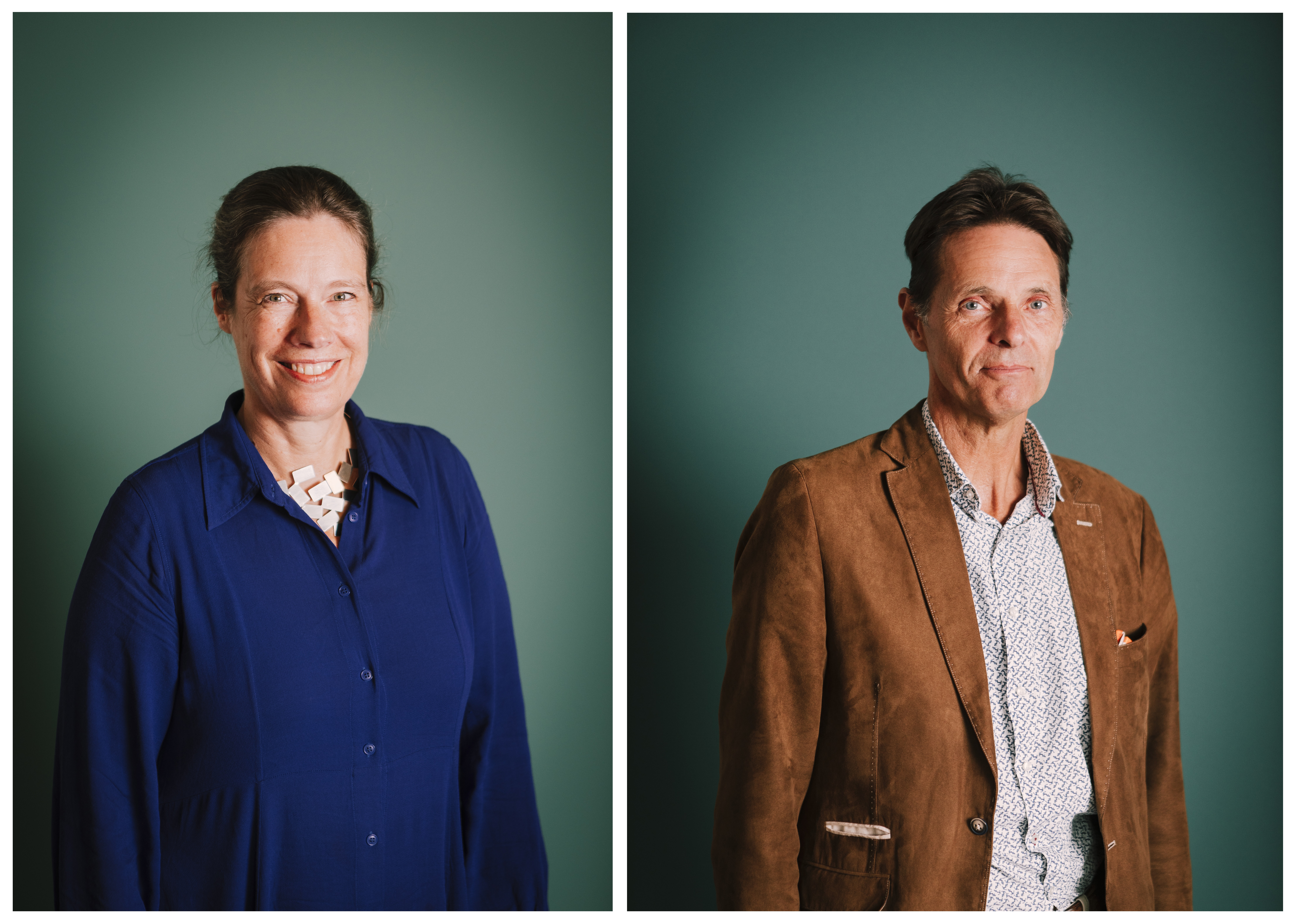Government asks the impossible with CTBs
‘With the proposal for the possible introduction of corona access certificates (abbreviated to CTB in Dutch) in higher education currently submitted to the House of Representatives, the government is asking the impossible of the academic universities and universities of applied sciences in the Netherlands. Making a CTB mandatory undeniably limits access, while the government demands 100% access to higher education for all students,’ says the Netherlands Association of Universities of Applied Sciences in its communication.

The Executive Board of ArtEZ, Marjolijn Brussaard and Maarten Bremer, endorse this message. ‘How can 100% access to all students be demanded on the one hand, and the introduction of a CTB be made mandatory on the other?’ Brussaard wonders. ‘We have worked so hard to continue to provide high-quality education for all students, despite all the measures. We found hybrid forms where possible. But our practical education doesn’t allow everything to be offered online: a substantial part of this must continue to take place physically. I also don’t know how to picture offering students with a CTB physical education, while at the same time having to develop comparable practical education for those without this certificate. Moreover, it is not a realistic demand on our staff, who are already overburdened by the coronavirus measures as it is.’
In addition to the substantive objections, there are the practical objections concerning enforcement. With so many buildings in different cities, it is unrealistic to think that security officers with scanning devices will provide the solution. ‘Our opening hours alone, from 8:00 to 22:00 and at weekends, mean that a disproportionate number of FTEs would need to be deployed to even come close to enforcement. Not to mention the number of entrances, shared facilities and so on,’ says Brussaard.
In addition to the practical concerns regarding education and enforcement, ArtEZ University of the Arts sets great store by access to education for all. An obligation enshrined in our Constitution, but above all of great importance to students. ‘The need to continue to meet each other is also abundantly clear from the report released last week on the mental health of students. More than half of the students (51%) experience mental complaints. Many students experience loneliness, performance pressure, stress and sleep problems. And this is partly due to the impact of the coronavirus measures. This access to education is simply necessary for students,’ says Bremer.
Brussaard is worried about the divide that is emerging: ‘We share a sense of insecurity. We see that the discussions about this are becoming fiercer. And that is an undesirable development. We are looking for a way to keep talking to each other respectfully. To find ways to come up with positive solutions. So we can say to each other: look, this is how we can do it.’
